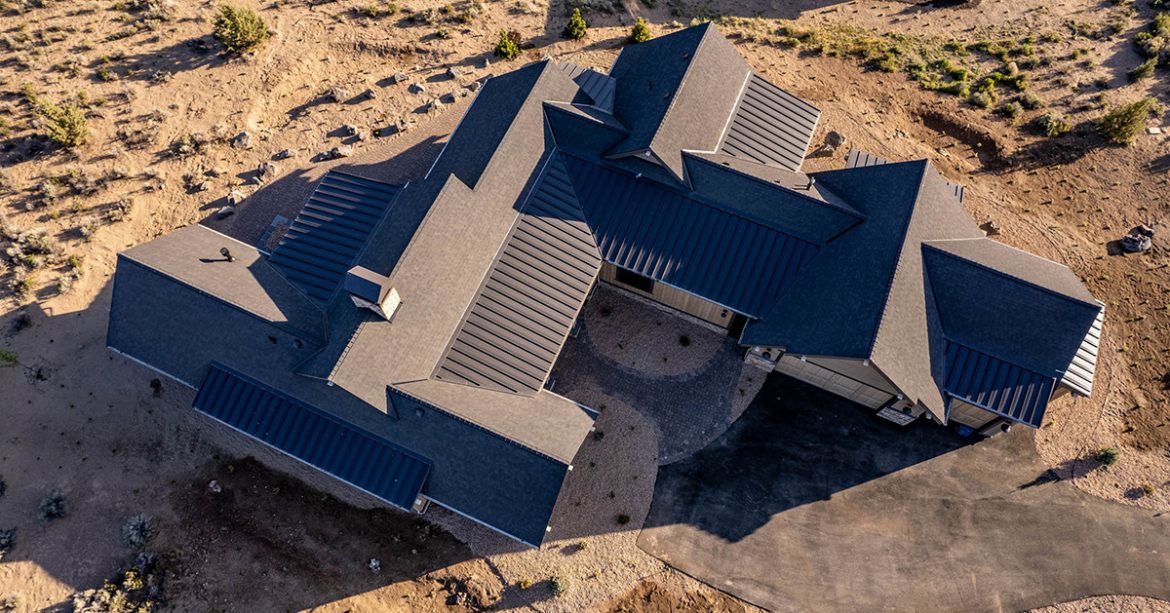Choosing the best property for your custom home build is a vital part of your home-building process. Many factors can affect your final property buying decision. We have compiled a list of ten tips for choosing the best property for your custom home.
Decide Where You Want to Live
Do you desire the solitude of a large piece of property all to yourself? Perhaps a smaller piece of land with an established community offering a luxurious lifestyle is more fitting. Is country living your dream, or do you prefer neighborhoods with quick access to all the daily necessities?
Deciding how you will live in your custom home will help you in your search for the perfect location.
Consult with Your Builder
Your builder will have the experience and the knowledge to evaluate the land accurately. This will ensure you have a clear estimate of the costs of hooking up utilities and all land development. This expertise will also be valuable when considering the shape of the lot, the direction the home will face, and the slope of the land.
Research the Area
It is not always clear what will be built around you in an undeveloped lot. Traffic, businesses, and other homes move in over time. Think about how busy the location may become, and any construction you will be living with during the process. Also, consider how your view will be impacted by development, even on the second and third floors.
Aesthetics
You most likely will be living in your custom home for some time. Pay close attention to the surrounding area of the property for your home. Is it among well-kept eye pleasing lots, land, and businesses? Is this neighborhood desirable for future resale?
Taxes
Taxes can vary drastically from one county to the next. Before settling on where you want to build your custom home, inquire what is the average tax rate for that county. A few miles in either direction may make a financial impact.
Easements
Easements will impact how your property can be used legally by others for specific purposes. It is important to take the time to find out if there are any easements on your property. Utility easements are quite common, consider if this is something you can live with.
Be Informed
Some areas have restrictions and zoning regulations. As well as possible restrictive covenants that determine what your home can look like, and even what activities can take place on your property. Local building codes and restrictions can also impact the type of home you build.
Know your soil type
Soil can impact the integrity of your home build. Certain soils can be prone to movement and expansion, which can compromise the structural stability of the home. Consult with a qualified professional to have your soil tested or discuss any concerns with your builder.
Have the Land Surveyed
Having your land surveyed by a qualified professional is extremely important. A land survey will determine boundaries and restrictive conditions, avoiding any unknown complications in the buying and building process.
Types of land surveys include construction, location, boundary, site planning, topography, subdivision, and ALTA/ACSM surveys.
Secure your Land
With buildable space limited, when you have found the perfect location for your custom home build, secure the land. You may be tempted to try and find an even better location. However, if your lot has checked off most of your wants and needs for your long-term plans, you have consulted with your builder, and you know the space will work for your ideal home, secure your lot.


